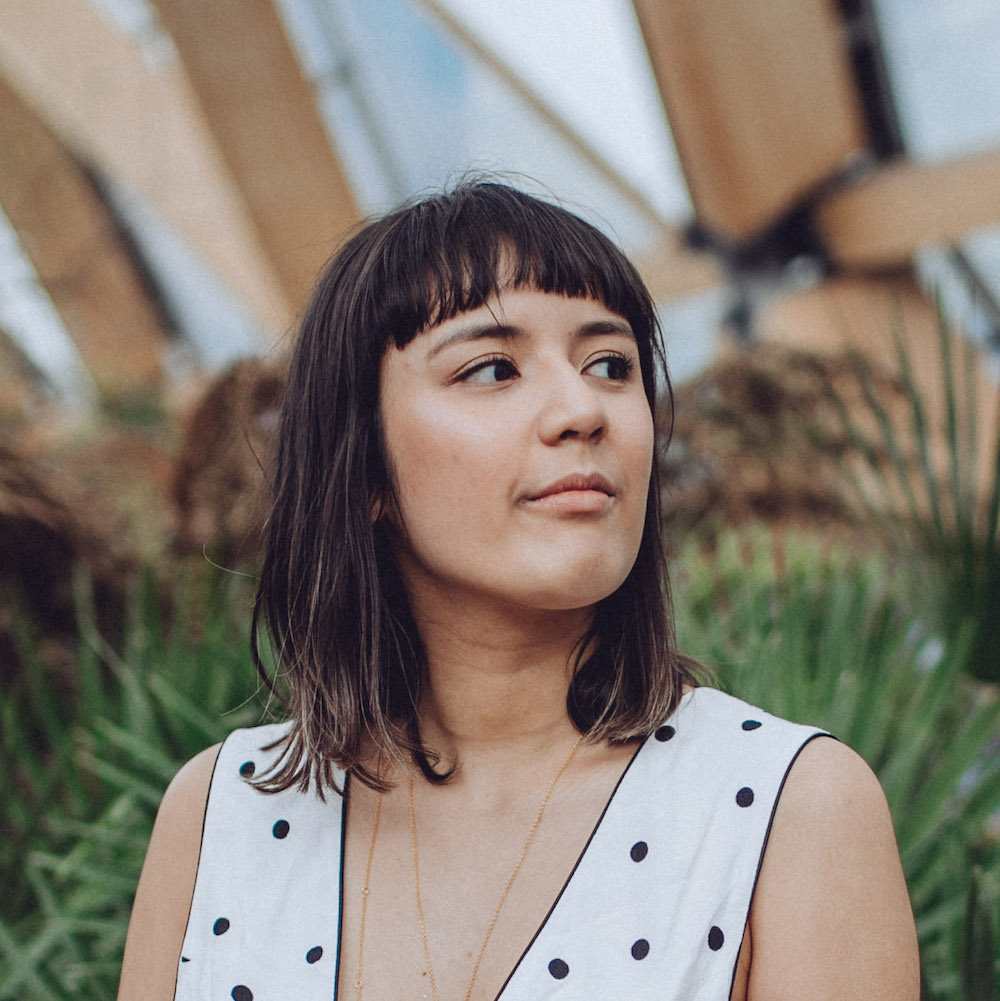I wish I could tell my younger self that Crazy Rich Asians was on the horizon
This is why Asian representation matters

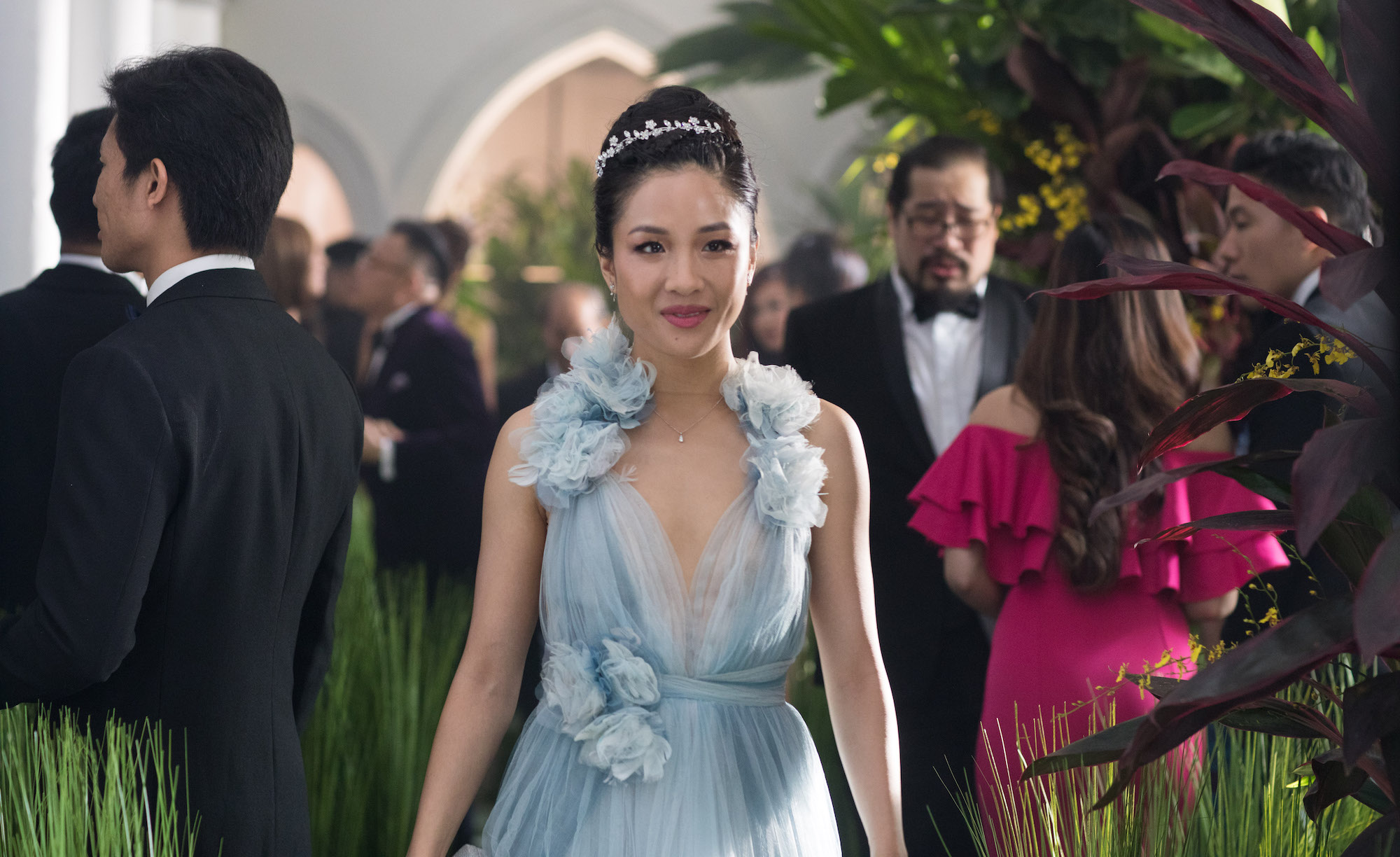
This is why Asian representation matters
As a Eurasian kid growing up in Hong Kong - unable to fluently speak Cantonese, unable to speak my mother’s language Tagalog - I spent a lot of my time looking west for my films, books and TV shows. I’ve only ever been able to speak English fluently, but the thing about English entertainment is that you don’t see a lot of people who look like me in it. The first time I came across Cho Chang in the Harry Potter books, it blew my mind that an Asian girl had made it all the way to Hogwarts. Lucy Liu's scenes in Charlie’s Angels were enrapturing and her furious scenes in Kill Bill Vol. 1 definitely awakened something in me.
Now that I’m older and have the benefit of hindsight, these characters who I’d grown up with have lost their shine a bit. I love Harry Potter, but Cho Chang was a pretty poor Asian stereotype; a feeble but well-meaning attempt by J.K. Rowling to diversify the books a bit. Lucy Liu was shoved for many years into a box labelled ‘dragon lady’ by Hollywood producers (don’t even get me started on her role in my favourite problematic show Ally McBeal). But they resonated with me because they were all that I had. My expectations were so low, the bar was literally on the floor. I was happy with the two dimensional because it was such a wonder to be seen at all.
If you’d told me back then that we would ever get something even remotely close to Crazy Rich Asians, I would never have believed you. But we did and it is glorious.
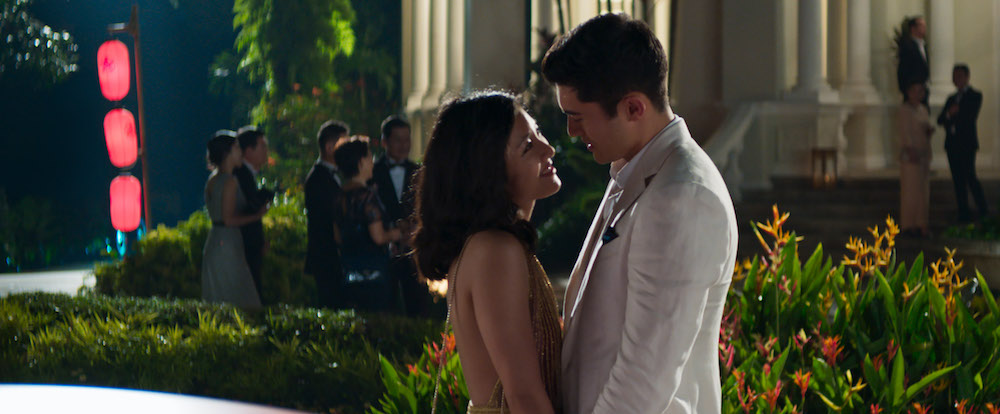
I don’t know if I’ll be able to tell you how it felt sitting in that cinema, sitting beside my childhood friend from Hong Kong and silently crying as Hollywood crossed the oceans towards our hometown. Sure, the Hong Konger in me will always be bitter that the film was mainly based in Singapore - our cities have a pretty strong rivalry going. But even knowing that a blockbuster film was in southeast Asia, let alone led by an entirely Asian cast, felt like a reckoning.
While the plot is pretty much a simple romantic comedy (based off the bestselling book series of the same name), it’s nuanced as hell. Even if you’re not Asian - you’re still going to be able to pick up on elements of it.
Michelle Yeoh is obviously an outsider to the Young family, symbolised by her choosing to speak Cantonese rather than Singapore’s more popular Mandarin, and that tension shows.
Celebrity news, beauty, fashion advice, and fascinating features, delivered straight to your inbox!
It’s easy to get what the slang word ‘banana’ means - 'yellow on the outside, white on the inside' as Awkwafina helpfully spells out - and understand the divide between Asian families at home versus the families that immigrated west.
And then of course, there’s that incredible mahjong scene which was so layered and beautifully choreographed.
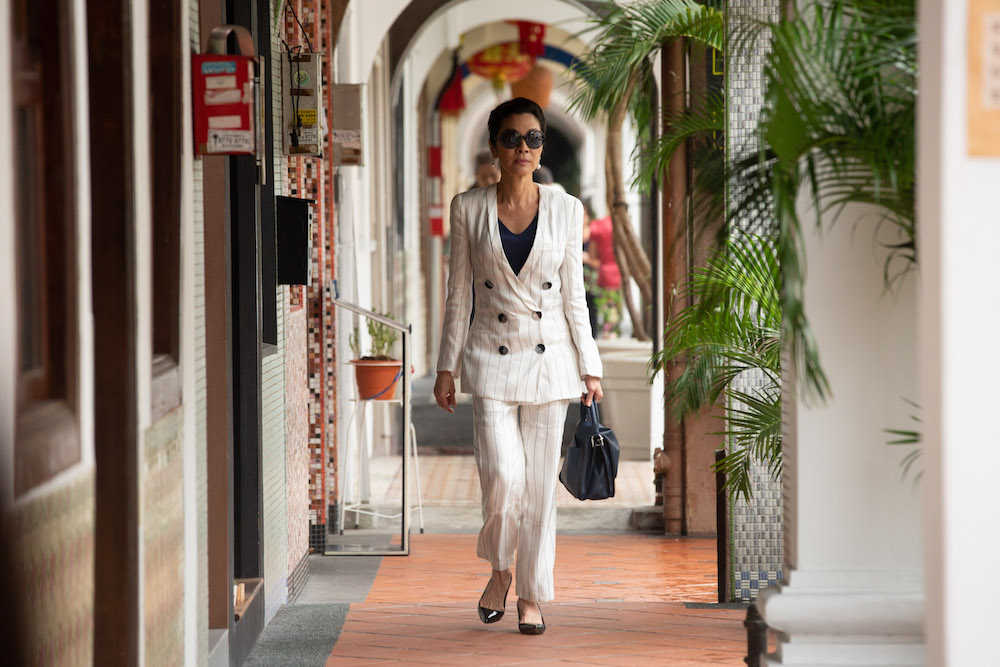
When my English friend asked me about the deeper meaning behind the mahjong scene, it was a total surprise. (I’m not going to go into it because I don’t actually play mahjong, but there’s a guy who broke it down in a heartfelt essay.) But it made me realise that aside from being a love letter to the Asian community, Crazy Rich Asians was also opening the door for other people to take a step into our world as equals. After so many years watching Asian people in Hollywood play token and mostly condescending roles in white blockbusters, there was something so gentle about the way the film let everybody in.
I've seen Asian actors mostly play two-dimensional doctors on television series, or doctors in TV shows, or two-dimensional exotic love interests for white men. For me, Crazy Rich Asians was like watching all those rough sketches lift off the page and fill with substance.
I know there’s a lot of people in the Asian community complaining that they couldn’t relate to Crazy Rich Asians because they didn’t grow up with the same experiences as the Youngs and Rachel Chu. Or that the film wasn't Singaporean enough, or that Henry Golding, a Eurasian man, didn't have the right to play a starring role in a film about Asian people. (That last opinion still devastates me - even amongst our own community, we're still drawing these lines in the sand.)
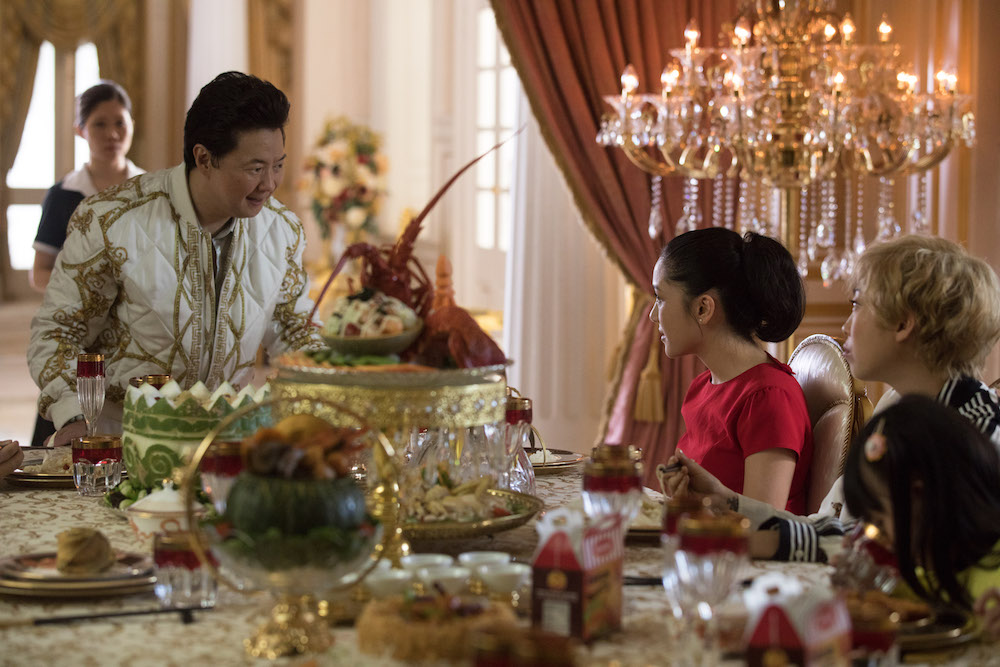
I don't think any of that matters because no one film can represent everybody's experience. And no film should because that’s a stupid amount of pressure to put on any project. You’d end up generalising so much to please everyone that you’d ironically fall back into the same trap Harry Potter and Kill Bill Vol. 1 have: trying to represent every Asian in the community without any real substance.
For years, the white American and English communities have had the privilege of watching millions of films with millions of stories and viewpoints. Thankfully, the black community is well on its way as well with groundbreaking films like Black Panther and Moonlight leading the charge. And now Crazy Rich Asians and other projects like To All The Boys I've Loved Before are steps in that direction.
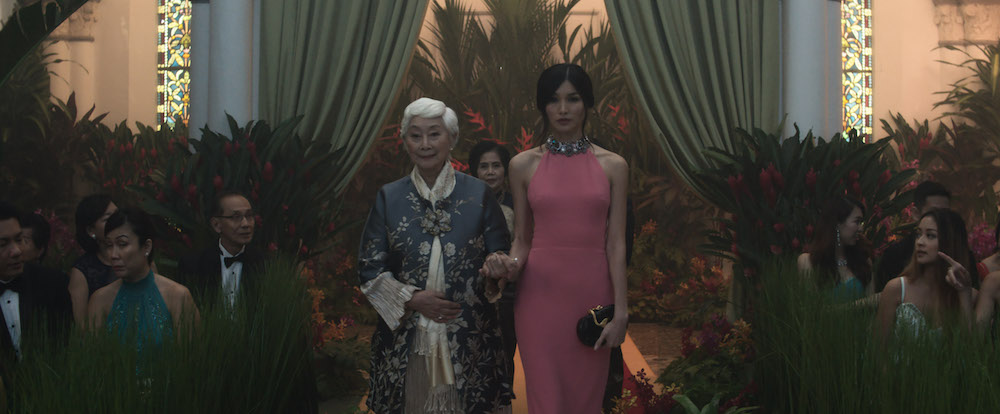
Crazy Rich Asians isn’t the definitive story about us, it’s a story about us which is so much more important. It’s this declaration that our narratives - in their multiplicities and shades and locations - are worth telling. Not all of our stories are going to be crazy and rich, but that’s okay because this is just one of them.
Crazy Rich Asians officially became one of the top ten box office sellers in the United States over the weekend, earning an eye-watering $164.7 million worldwide. There's already talk of a sequel. If that’s any indicator, then people want to listen.
Megan is a freelance journalist who covers entertainment and all things lifestyle, with a particular passion for fashion, beauty, travel and Keanu Reeves stories. She has previously worked on staff for titles including Marie Claire UK, CNN Style and The Evening Standard and has written for titles such as Bustle UK, Wallpaper*, Forbes and Hong Kong Tatler. She splits her time between London and her hometown Hong Kong, where she currently lives with the love of her life - an elderly dog named Poppy - and her husband.
